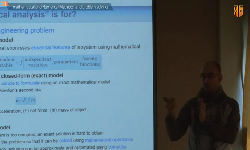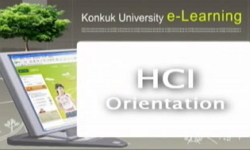<P>Radio frequency identification (RFID) is widely used for item identification and tracking. Due to the limited communication range between readers and tags, how to configure a RFID system in a large area is important but challenging. To config...
http://chineseinput.net/에서 pinyin(병음)방식으로 중국어를 변환할 수 있습니다.
변환된 중국어를 복사하여 사용하시면 됩니다.
- 中文 을 입력하시려면 zhongwen을 입력하시고 space를누르시면됩니다.
- 北京 을 입력하시려면 beijing을 입력하시고 space를 누르시면 됩니다.


Decomposition-based multi-objective firefly algorithm for RFID network planning with uncertainty
한글로보기https://www.riss.kr/link?id=A107740102
- 저자
- 발행기관
- 학술지명
- 권호사항
-
발행연도
2017
-
작성언어
-
- 주제어
-
등재정보
SCOPUS,SCIE
-
자료형태
학술저널
-
수록면
549-564(16쪽)
- 제공처
-
0
상세조회 -
0
다운로드
부가정보
다국어 초록 (Multilingual Abstract)
<P>Radio frequency identification (RFID) is widely used for item identification and tracking. Due to the limited communication range between readers and tags, how to configure a RFID system in a large area is important but challenging. To configure a RFID system, most existing results are based on cost minimization through using 0/1 identification model. In practice, the system is interfered by environment and probabilistic model would be more reliable. To make sure the quality of the system, more objectives, such as interference and coverage, should be considered in addition to cost. In this paper, we propose a probabilistic-based multi-objective optimization model to address these challenges. The objectives to be optimized include number of readers, interference level and coverage of tags. A decomposition based firefly algorithm is designed to solve this multi-objective optimization problem. Virtual force is integrated into random walk to guide readers moving in order to enhance exploitation. Numerical simulations are introduced to demonstrate and validate our proposed method. Comparing with existing methods, such as Non-dominated Sorting Genetic Algorithm-II and Multi-objective Particle Swarm Optimization approaches, our proposed method can achieve better performance in terms of quality metric and generational distance under the same computational environment. However, the spacing metric of the proposed method is slightly inferior to those compared methods. (C) 2017 Elsevier B.V. All rights reserved.</P>
동일학술지(권/호) 다른 논문
-
- Elsevier
- Kim, Youngmin
- 2017
- SCOPUS,SCIE




 ScienceON
ScienceON





